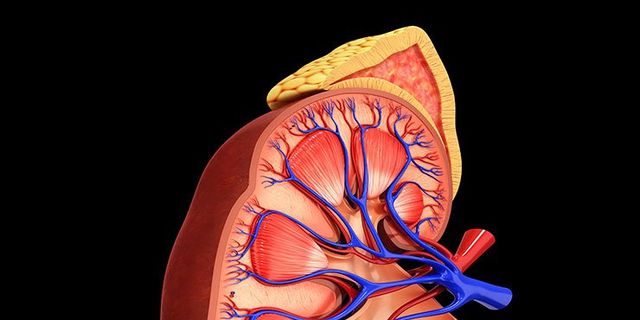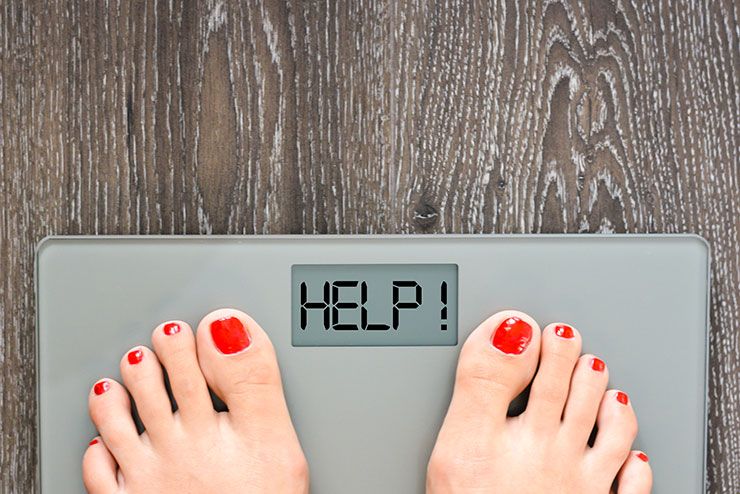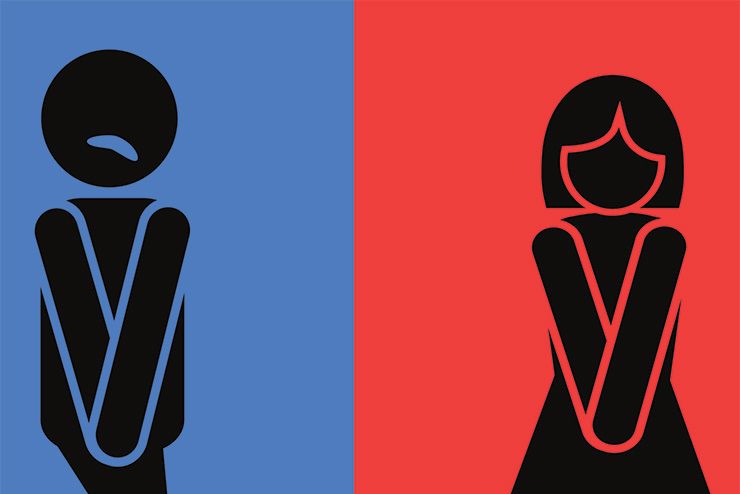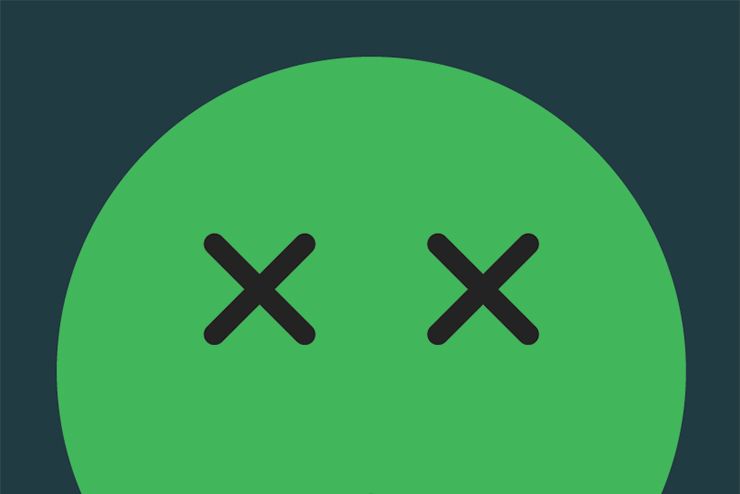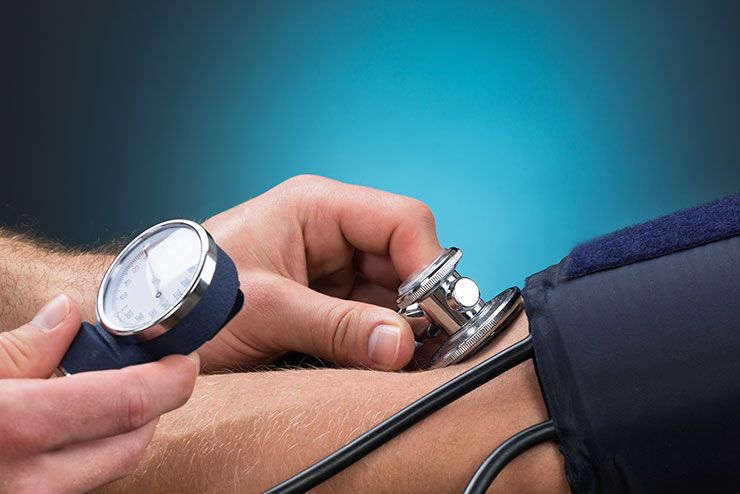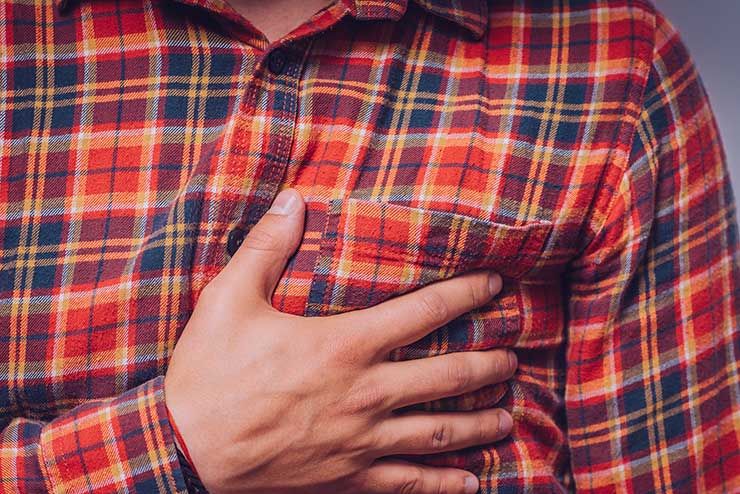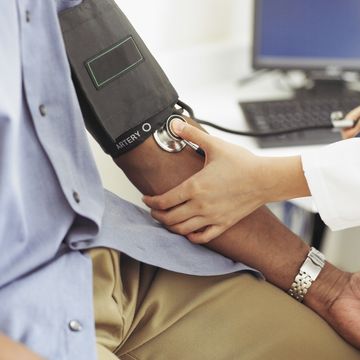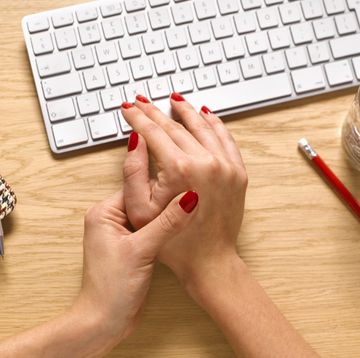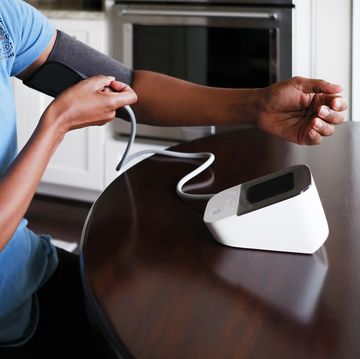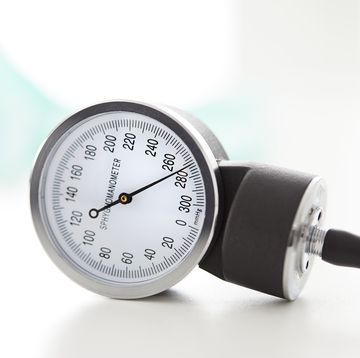Your kidneys are the unsung heroes of the body. Best known for removing waste and excess fluid, they also perform a variety of other essential roles: They regulate salt, potassium, and acid levels; keep blood pressure in check; produce vitamin D (to keep your bones strong); and control the production of red blood cells. And while kidney disease might not be high on your list of things to worry about, the truth is that over 20 million Americans have it, but many don't know it.
MORE: 5 Signs You're Not Getting Enough Vitamin D
"Symptoms of kidney damage are typically very subtle, and by the time you notice them, there is usually already serious harm done," says Jeremy Allen, DO, a board-certified family practitioner with American Family Care. "It is possible to lose as much as 90% of kidney function without having any overt symptoms."
The best way to protect yourself is to keep your blood sugar and blood pressure under control. "Hypertension and diabetes are the main culprits responsible for at least two-thirds of renal failure," says Jonathan Shaffer, MD, an internist affiliated with Concierge Choice Physicians. You should also see your doctor for an annual checkup, including a full blood workup. If levels of a molecule called creatinine are too high, additional blood tests, urine tests, and/or scans of your kidneys might be in order. (Heal your whole body with Rodale's 12-day liver detox for total body health.)
An annual exam is also a good time to review any meds you might be taking regularly. "If you have to take medications that are toxic to the kidneys, like some NSAIDs, certain antibiotics, or lithium or iodine-containing medications, talk with your doctor about other treatments," says Allen.
That said, don't wait for your yearly appointment if you notice any red flags. While kidney disease is often silent, there are some warning signs that should prompt you to hightail it to your doc's office.

Watch Next

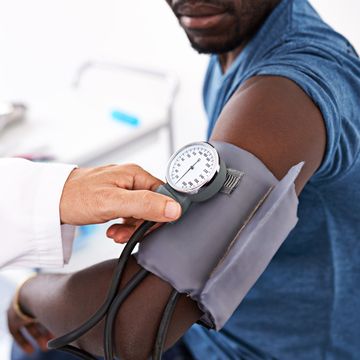
Mediterranean Diet Lowers Hypertension Risk

Salt Substitutes Reduce High Blood Pressure Risk

Should You Take BP While Lying Down?

COVID-19 May Trigger New-Onset High Blood Pressure
